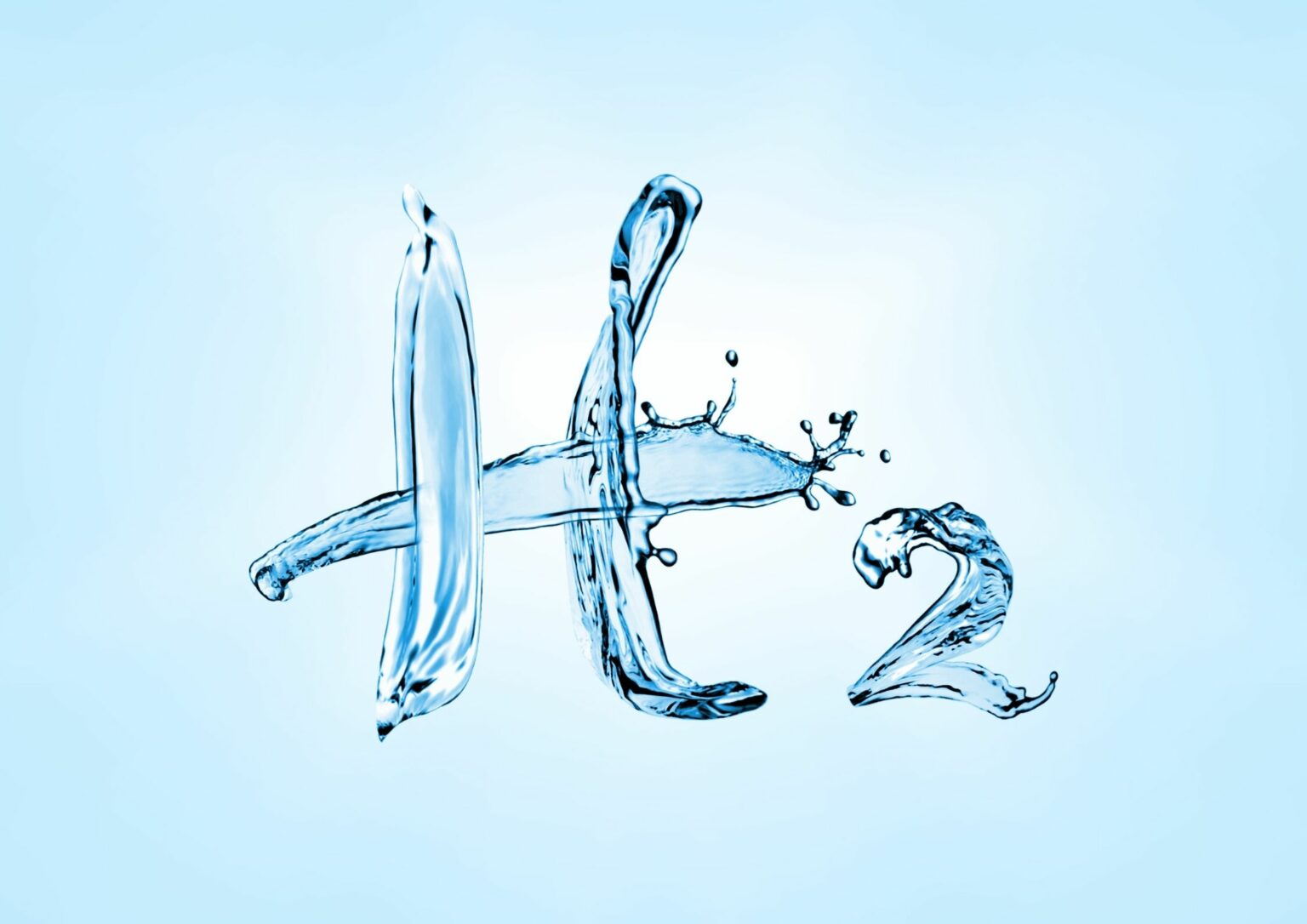ADNOC has achieved a milestone by delivering the world’s first certified bulk commercial shipment of low-carbon ammonia, enabled by carbon capture and storage (CCS), to Mitsui & Co. in Japan.
This delivery underscores ADNOC’s commitment to advancing low-carbon solutions and supports global decarbonization efforts. However, it is crucial to evaluate this achievement within the broader context of the hydrogen and ammonia industries and consider the challenges and benchmarks that define success in this field.
The shipment of low-carbon ammonia was produced by Fertiglobe, a joint venture involving ADNOC, at its facility in Ruwais Industrial City, Abu Dhabi. The certification process was conducted by TÜV SÜD, an internationally recognized certification agency. This achievement is part of ADNOC’s $23 billion investment in decarbonization, low-carbon solutions, and climate technologies.
Globally, the demand for low-carbon hydrogen and its derivatives, such as ammonia, is poised to grow as industries seek to reduce their carbon footprints. The International Energy Agency (IEA) estimates that hydrogen will account for approximately 10% of global energy consumption by 2050 to achieve net-zero emissions. ADNOC aims to capture 5% of the global low-carbon hydrogen market by 2030. While ambitious, this target must be viewed alongside other major players’ efforts in the hydrogen sector.
ADNOC’s approach involves capturing and permanently storing CO2 in the world’s first fully sequestered CO2 injection well in a carbonate saline aquifer. While CCS is a promising technology for reducing emissions, it faces significant technical and economic challenges. The scalability and long-term viability of CCS remain under scrutiny, as do the costs associated with its deployment. The success of this project could serve as a model for future CCS initiatives, but it must be assessed continuously for its environmental and economic impacts.
ADNOC’s collaboration with Mitsui and the support from Japan’s Ministry of Economy, Trade and Industry (METI) highlight the strategic importance of international partnerships in advancing low-carbon technologies. Mitsui’s ongoing participation in ADNOC projects, including the TA’ZIZ low-carbon ammonia project, exemplifies the growing global cooperation aimed at reducing carbon emissions.
ADNOC has embarked on the design of a facility in Abu Dhabi to produce up to 360,000 tonnes of low-carbon hydrogen per year, capturing up to 3 million tonnes of CO2. Additionally, the development of a 1 million tonnes per year low-carbon ammonia facility at the TA’ZIZ Industrial Chemicals Zone, in collaboration with TA’ZIZ, Fertiglobe, G.S. Energy Corporation, and Mitsui, represents a significant expansion in capacity and ambition.
